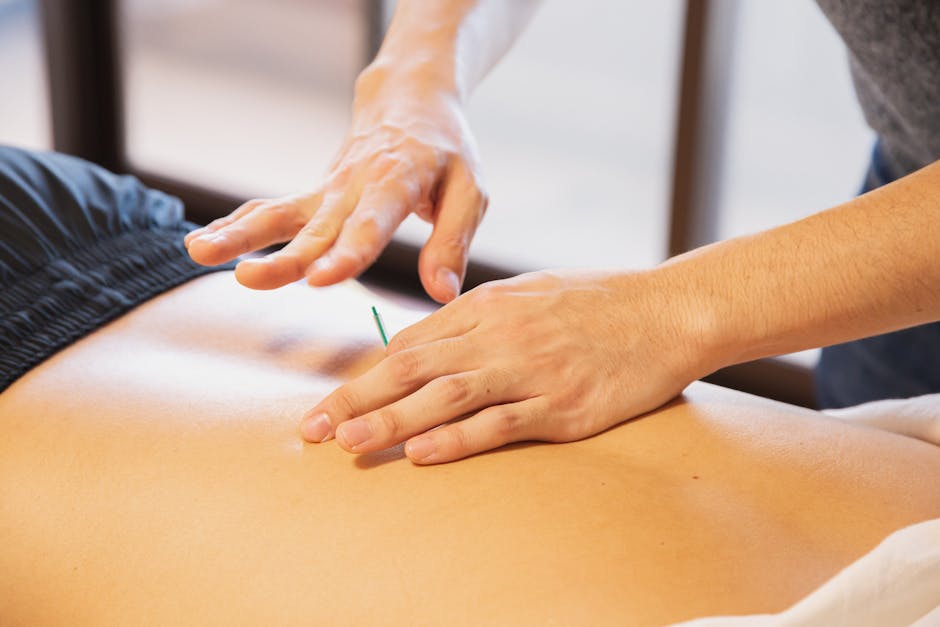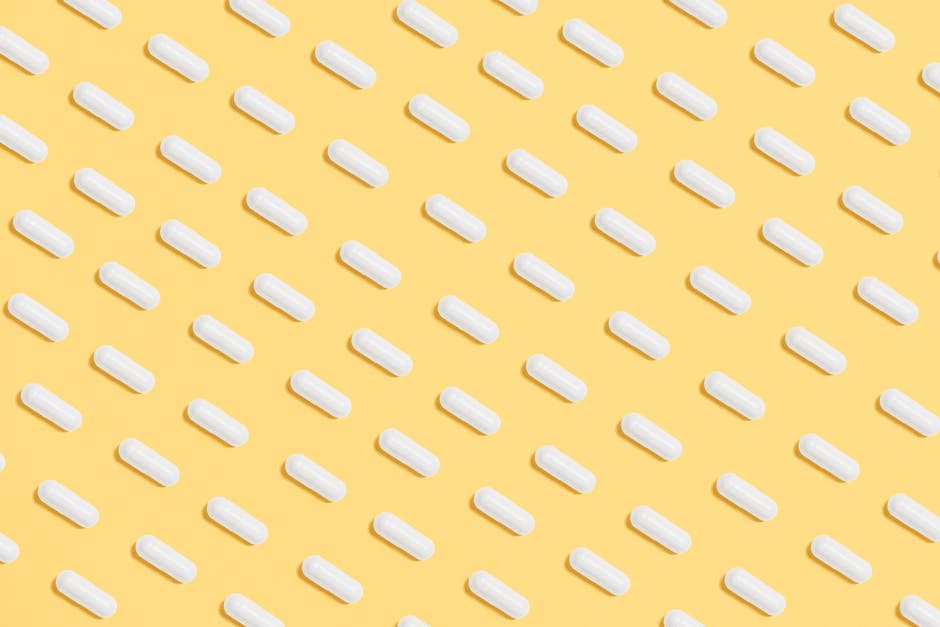Why Does My Face Look Like A Pizza? A Guide To Acne Treatments
Acne. Those pesky pimples, zits, and blemishes that seem to pop up at the worst possible moments. Whether you're a teenager going through puberty or an adult dealing with occasional breakouts, acne can be frustrating and affect your self-confidence. Luckily, there are numerous treatments available to help clear up your skin and prevent future breakouts.
Understanding the causes of acne is the first step towards effective treatment. Acne occurs when hair follicles become clogged with oil, dead skin cells, and bacteria. Hormonal changes, genetics, and certain medications can contribute to this process. While it's tempting to pick or squeeze pimples, doing so can worsen inflammation and lead to scarring.
Over-the-counter treatments are often the first line of defense against mild to moderate acne. Look for products containing benzoyl peroxide, salicylic acid, or resorcinol. These ingredients help to unclog pores, reduce inflammation, and kill bacteria. Start with a low concentration and gradually increase as needed, as these products can sometimes cause dryness or irritation.
If over-the-counter treatments aren't providing sufficient relief, it may be time to consult a dermatologist. They can prescribe stronger medications, such as topical retinoids, antibiotics, or oral contraceptives. For severe acne, a dermatologist may recommend isotretinoin, a powerful medication that can significantly improve acne but also has potential side effects.
In addition to medical treatments, there are several lifestyle changes you can make to support clear skin. Washing your face twice a day with a gentle cleanser can help remove excess oil and dirt. Avoid harsh scrubbing, as this can irritate the skin and worsen acne. Be sure to remove makeup before bed, as leaving it on overnight can clog pores.
Diet also plays a role in acne management. While the link between diet and acne is still being researched, some studies suggest that high-glycemic foods, such as sugary drinks and processed foods, may contribute to breakouts. Focusing on a balanced diet rich in fruits, vegetables, and whole grains can support overall skin health.
Stress can also exacerbate acne. Finding healthy ways to manage stress, such as exercise, yoga, or meditation, can be beneficial for both your skin and your overall well-being. Getting enough sleep is also crucial, as sleep deprivation can disrupt hormone levels and worsen acne.
Remember, finding the right acne treatment may require some trial and error. Be patient and consistent with your chosen treatment plan, and don't hesitate to consult a dermatologist if you're not seeing results. With the right approach, you can achieve clear, healthy skin and say goodbye to those pesky pimples.


